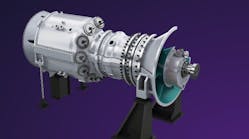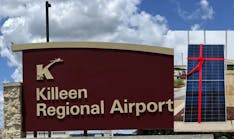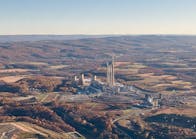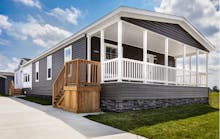Canadian Nuclear Lab, Clean Core partnering on Advanced Thorium Development
Clean Core Thorium Energy has signed a memorandum of understanding with Canadian Nuclear Laboratories (CNL) to advance the development and implementation of its advanced nuclear fuel called the “ANEEL Fuel”.
Clean Core is a Chicago, Illinois-based nuclear electric power generation company, while CNL is a Canadian nuclear research facility located in Deep River, Ontario.
The collaboration is expected to establish a framework where CNL will assist Clean Core in its critical activities, such as licensing and research and development.
Clean Core’s ANEEL fuel technology is a proprietary technology that utilizes thorium and high assay low enriched Uranium (HALEU) to enhance the economics and safety of CANDU reactors and pressurized heavy water reactors (PHWR) globally. The technology also aims to increase proliferation resistance and minimize waste.
“Our strategic partnership with Canadian Nuclear Laboratories will help accelerate the commercialization of our ANEEL Fuel, with the potential to make reactors cleaner, more cost effective, and further improve safety,” said Mehul Shah, CEO of Clean Core. “This affiliation with CNL on realizing ANEEL Fuel, together with research we are conducting in collaboration with our partners in the United States, creates a powerful cooperative effort to propel ANEEL fuel toward commercial readiness.”
EnergyTech covers Nuclear Power: React to our biggest stories
U.S., Australia, U.K. formalize Nuclear Submarine pact
Constellation expanding Illinois Reactor capacity
We have Fusion Ignition: Researchers at Livermore National Lab achieve Net Energy Gain
Clean Core anticipates that the ANEEL Fuel will be commercially available in 2025, providing existing PHWRs worldwide with “next-generation performance and cost benefits”.
As Canada’s national nuclear laboratories, CNL supports the Government of Canada and the nuclear industry by delivering innovative nuclear products and services. CNL carries out this work at the Chalk River Laboratories on behalf of Atomic Energy of Canada (AECL).
“We look forward to partnering with Clean Core on the development and deployment of its advanced nuclear fuel technology, which has the potential to boost the performance and economics of reactors worldwide,” said Jeff Griffin, Vice President of Science and Technology at CNL.
Conventional nuclear power plants are extremely expensive to build (witness the $30-plus billion Vogtle 3 and 4 expansion led by Georgia Power. However, once operational they are the largest carbon-free generation source, account for 20 percent of the U.S. electricity mix and more than half of its clean power capacity.
Fifteen percent of Canada’s electric power is generated by nuclear. Otherwise, the nation has a high percentage of non-emitting hydro power.





